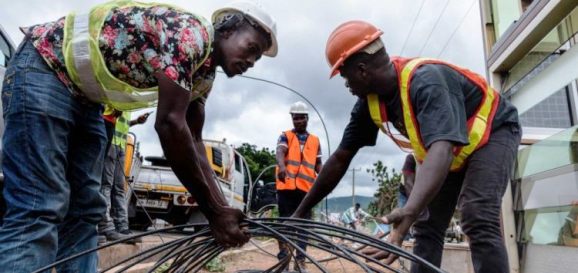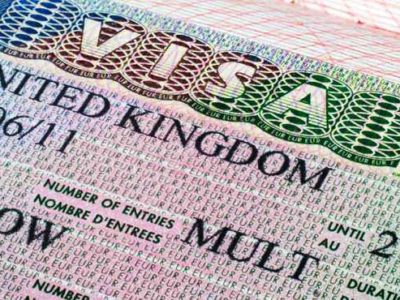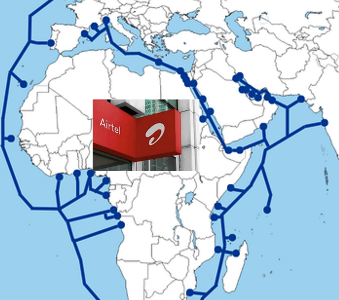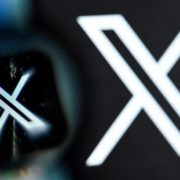By By Osasómé C.O and Nana Theresa Timothy
Nigeria’s ambitious goal to achieve 70% broadband penetration by the end of 2025 under its National Broadband Plan (NBP 2020–2025) is now in serious doubt. As of May 2025, broadband penetration stands at 47.73%, supported by 103.5 million subscriptions, according to data from the Nigerian Communications Commission (NCC). This figure significantly trails the country’s original target.
RELATED: Obstacles to 70% broadband penetration
Despite multiple efforts to accelerate broadband expansion, progress has been slowed by high operational costs, regulatory bottlenecks, limited infrastructure, and insufficient digital literacy, among other challenges.
In August 2024, the Federal Government announced a $2 billion Special Purpose Vehicle (SPV) to roll out 90,000 kilometers of fibre optic cables, aiming to expand broadband coverage from 35,000 km to 125,000 km through a Public-Private Partnership (PPP).
However, 10 months later, the project has yet to commence—remaining a proposal on paper with no physical rollout.
Key Challenges Hindering Broadband Expansion
- Low Broadband Penetration: Penetration remains below 50%, far off the 70% target set by the NBP.
- High Right-of-Way (RoW) Costs: Expensive RoW charges, energy costs, and taxes continue to hinder infrastructure rollout.
- Regulatory Delays: Complex and uncoordinated regulatory processes stall deployment timelines.
- Device Affordability: Widespread poverty and currency devaluation have pushed entry-level smartphone prices out of reach for many.
- Underutilized Infrastructure: Existing fiber networks are underleveraged, especially in underserved areas.
- Power Supply Instability: Frequent electricity outages make it difficult to use internet services consistently.
- Low Digital Literacy: A significant portion of the population lacks basic digital skills, impeding broadband uptake.
- Slow 4G Adoption: Less than half of mobile subscriptions are on 4G, revealing a lag in network modernization.
Efforts to Improve Broadband Access:
To tackle these issues, the government and private stakeholders have launched several initiatives:
- The National Broadband Plan (NBP) targets 70% penetration and 90% population coverage by 2025, with 25 Mbps in urban areas and 10 Mbps in rural zones.
- Nigerian Broadband Alliance for Nigeria (NBAN) facilitates collaboration among public and private actors to drive penetration.
- InfraCo Licensing aims to enable infrastructure companies to build and manage regional networks.
- Regulatory Reforms are ongoing to streamline approvals and ease policy bottlenecks.
- Pilot Projects are being launched in selected states to test scalable models for broadband delivery.
- Stakeholder Collaboration emphasizes joint efforts between federal agencies, state governments, telecom operators, schools, and hospitals to close access gaps.
Despite these efforts, the consensus among industry observers is that reaching 70% broadband penetration by December 2025 is increasingly unrealistic.
The failure to meet this target could have wide-ranging implications for Nigeria’s digital economy, especially in areas such as education, healthcare, e-governance, and financial inclusion.
What’s Needed Now
Experts have urged the government to accelerate project implementation, secure funding, harmonize stakeholder efforts, and focus on last-mile connectivity.
Without a significant shift in both policy execution and on-ground investment, Nigeria risks missing another critical milestone in its digital transformation journey.
As broadband remains a key enabler of national development, meeting these challenges head-on is essential for positioning Nigeria as a leading digital economy in Africa.































